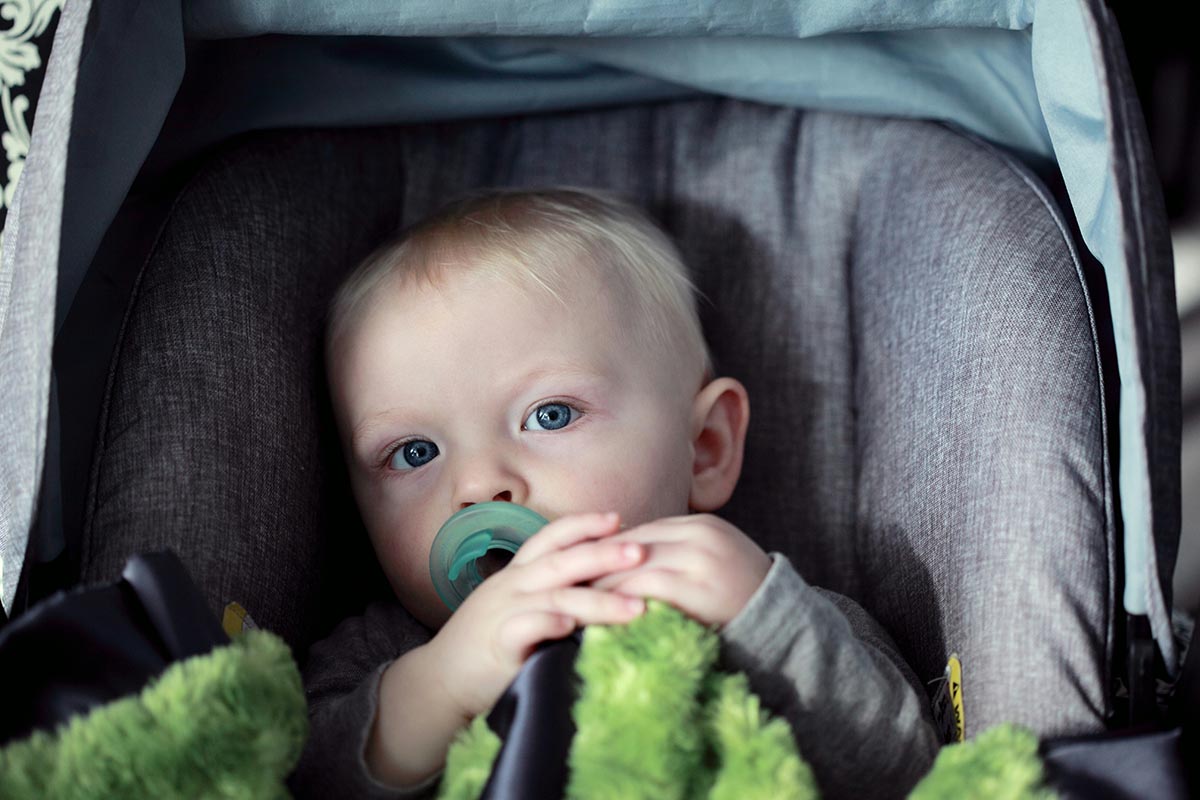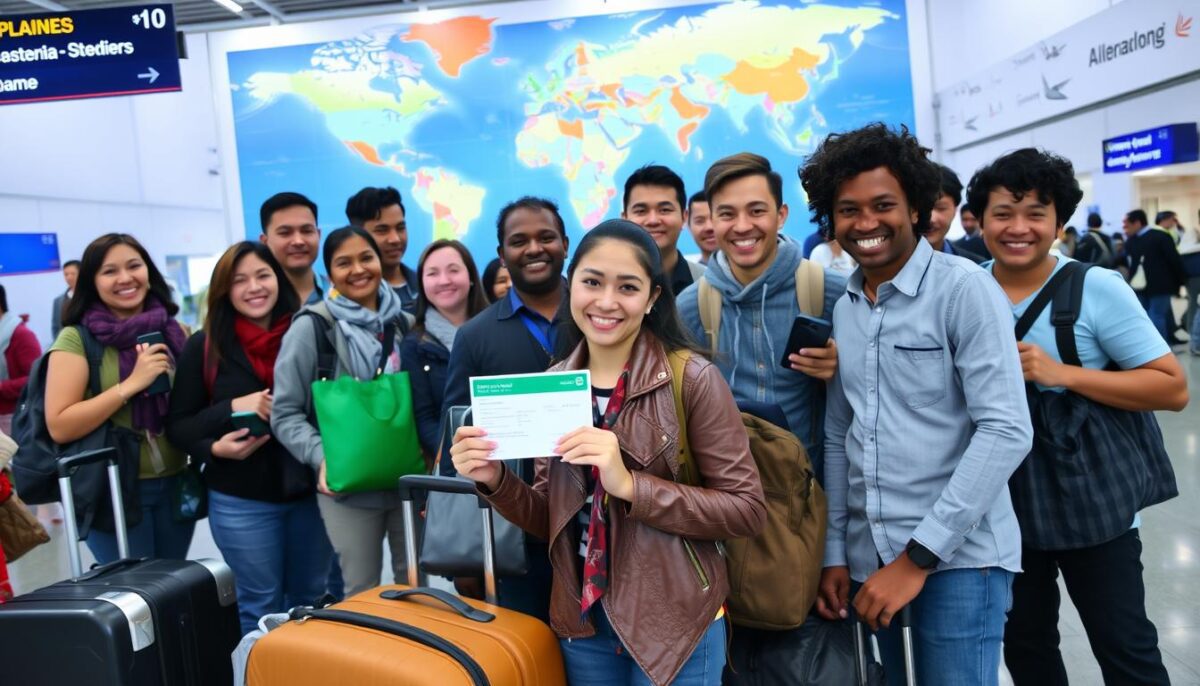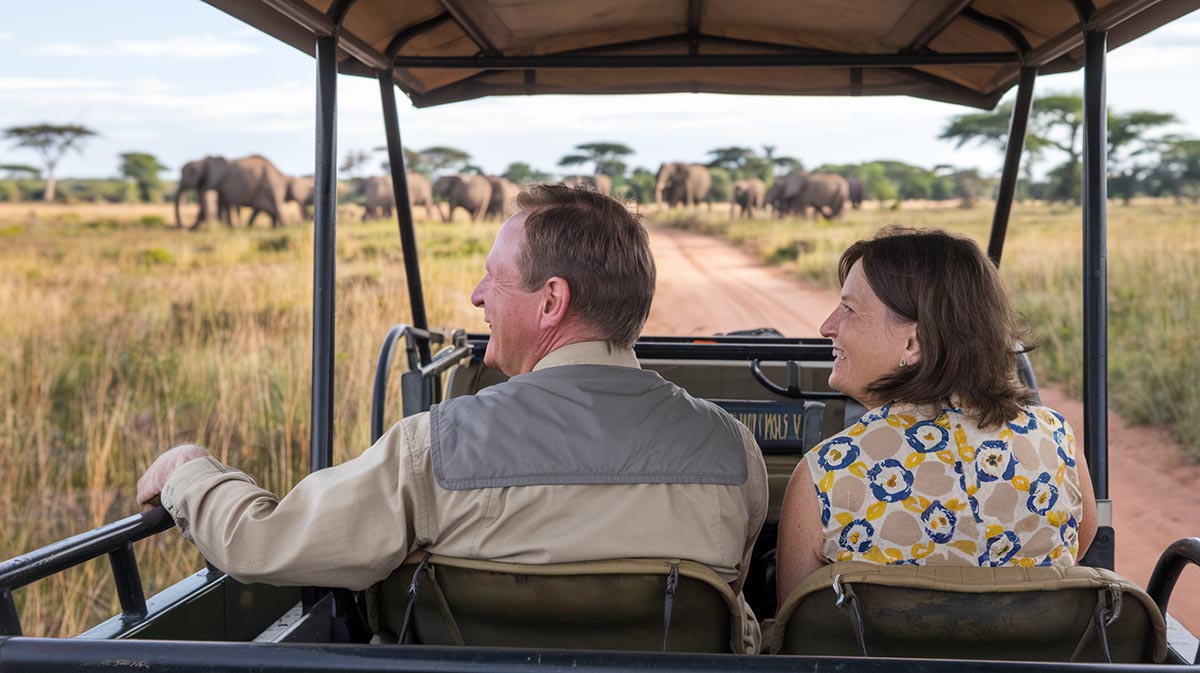
Traveling long distances with a newborn requires careful planning to ensure the safety and comfort of your baby. Key considerations include preparing a travel-friendly diaper bag with essentials, choosing a suitable travel method, and planning for frequent breaks.
Understanding how to manage feeding schedules, sleep routines, and potential disruptions can help maintain your baby’s well-being throughout the journey. Having a strategy for unexpected situations and keeping your baby calm will enhance the travel experience for everyone.
Plan Your Route and Schedule Carefully
Healthy Children advises taking breaks every 2-3 hours during the day to change diapers, feed your baby, or stretch your legs. Try to take pauses every four to six hours at night to cater to your baby’s demands. Nursing while operating a motor vehicle can be awkward and even dangerous, so avoid doing so.
Do some research on your route before you leave to find out the locations of petrol stations and rest areas. This will help you plan your breaks and ensure your baby’s needs are met. Additionally, knowing the location of baby-friendly hotels can be helpful in case you need to extend your stay.
Are there specific travel arrangements I should make for a newborn?
Yes, for a newborn, ensure you have a properly installed car seat suitable for their age and size. Additionally, make sure your diaper bag is fully loaded with necessities like wipes, diapers, and feeding supplies. Make sure you schedule regular pauses along the way to tend to your baby’s needs and make sure they’re comfortable.
Pack Essentials for Baby Care
When traveling long distances with a newborn, packing thoroughly for baby care is essential. According to Scripps, bring an ample supply of diapers to cover any potential delays, along with wipes, diaper rash cream, and disposable changing pads. Include extra outfits, socks, hats, and burp cloths to manage spills and accidents.
For feeding, pack bottles, formula or expressed breast milk, and bibs, and consider a nursing cover for breastfeeding. Don’t forget blankets and swaddles for warmth or shade, and bring pacifiers and toys to soothe and entertain your baby. Ensure you also have hand sanitizer for use before and after diaper changes or handling food to maintain hygiene.
Keep Baby Feeding Supplies Well-Stocked
Pack enough bottles, formula or expressed breast milk, and feeding accessories to cover the duration of your trip, including any potential delays. Be sure to bring extra bibs and burp cloths to manage spills and keep your baby comfortable.
When choosing baby formula, exercise caution. TorHoerman Law states that some formulas have been linked to necrotizing enterocolitis (NEC), a severe condition affecting infants’ digestive systems. This connection has led some parents to file lawsuits against formula manufacturers, alleging that their products contributed to their babies’ health problems. The lawsuits claim that certain formulas are associated with an increased risk of NEC in premature and vulnerable infants.
The latest NEC lawsuit update reveals that a Missouri jury has granted $495 million in damages during the second bellwether trial. This total comprises $95 million in compensatory damages and $400 million in punitive damages.
Abbott was found responsible for negligent design, inadequate warnings, and strict liability, specifically concerning their Similac formula. Therefore, it’s advisable to avoid brands associated with product recalls or ongoing legal and health concerns.
Consult your pediatrician before traveling to find the best formula or feeding solution for your baby’s safety and well-being. This step will help you make informed choices and provide the best care for your baby while on the move.
What are the most effective ways to keep your baby’s feeding schedule consistent while traveling?
To maintain a feeding schedule while traveling, plan ahead by packing sufficient formula, bottles, and feeding accessories. Stick to regular feeding times as closely as possible and ensure you have a clean, safe place to prepare and administer feedings. Additionally, be prepared for flexibility and make adjustments as needed based on your baby’s needs and the travel conditions.
Create a Soothing Environment for Your Newborn
Maintaining a calming environment for your newborn during long-distance travel is essential for their comfort and well-being.
Use soft, familiar blankets or swaddles to provide a sense of security. In order to help block out distracting noises, think about packing a portable white noise generator or software. The Happy Sleeper states that AAP advises utilizing noises that are no louder than fifty decibels. Furthermore, the sound machine needs to be positioned at least 7 feet away from your infant’s head.
Keep the temperature in the car or travel space at a comfortable level and ensure that your baby’s seat or bassinet is positioned securely. If possible, maintain some elements of their usual routine, such as regular nap times and soothing activities. This helps your newborn feel more at ease during the journey.
How can I manage temperature changes to keep my newborn comfortable?
To manage temperature changes for your newborn, dress them in layered, breathable clothing that can be easily adjusted as needed. Use a car seat cover or portable blanket to regulate their temperature and keep the vehicle’s climate control at a comfortable level. Regularly check your baby to ensure they are neither too hot nor too cold, and make adjustments as necessary.
Managing Sleep and Naps
When traveling long distances with a newborn, it’s crucial to manage their sleep and nap schedules effectively. According to Stanford Medicine, the sleep requirements of babies change as they grow. Newborns typically spend a lot of time sleeping, though their sleep periods are quite brief. On average, they sleep around 8 to 9 hours during the day and about 8 hours at night. Each sleep segment typically lasts only 1 to 2 hours.
To accommodate these patterns during travel, plan for frequent, brief rest periods. Use familiar sleep aids to help your baby adjust to the new environment. Ensuring a comfortable and consistent sleep setup can help your newborn get the rest they need while on the go.
Be Prepared for Emergencies
Make sure you have a fully packed first aid box with supplies like bandages, a digital thermometer, and an infant pain medication. In case you have unanticipated medical needs, familiarize yourself with the locations of any hospitals or urgent care centers along your journey.
Make sure that you always have easy access to your pediatrician’s number and emergency services. Maintaining your car’s condition will help you avoid breakdowns, and you should have a backup plan in case of unforeseen delays.
Ensuring a Smooth Journey with Your Newborn
Traveling long distances with a newborn can be challenging, but thoughtful preparation can make it much easier. Plan your route, pack essentials, and manage your baby’s needs to ensure a safe and comfortable trip. Keeping these tips in mind will help you navigate your journey smoothly and enjoy the experience with your newborn.





